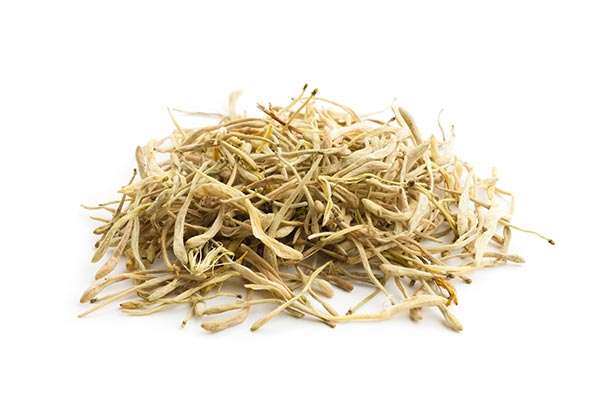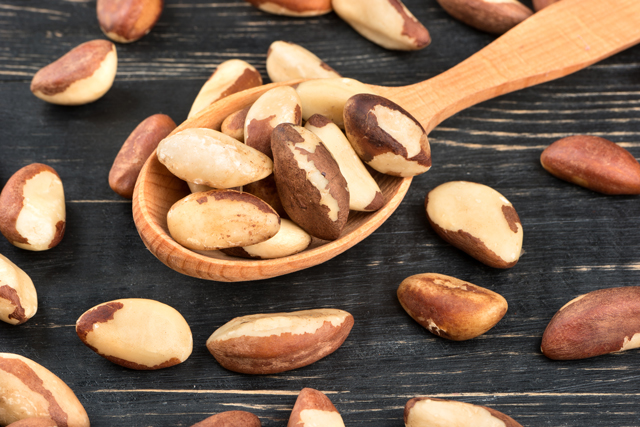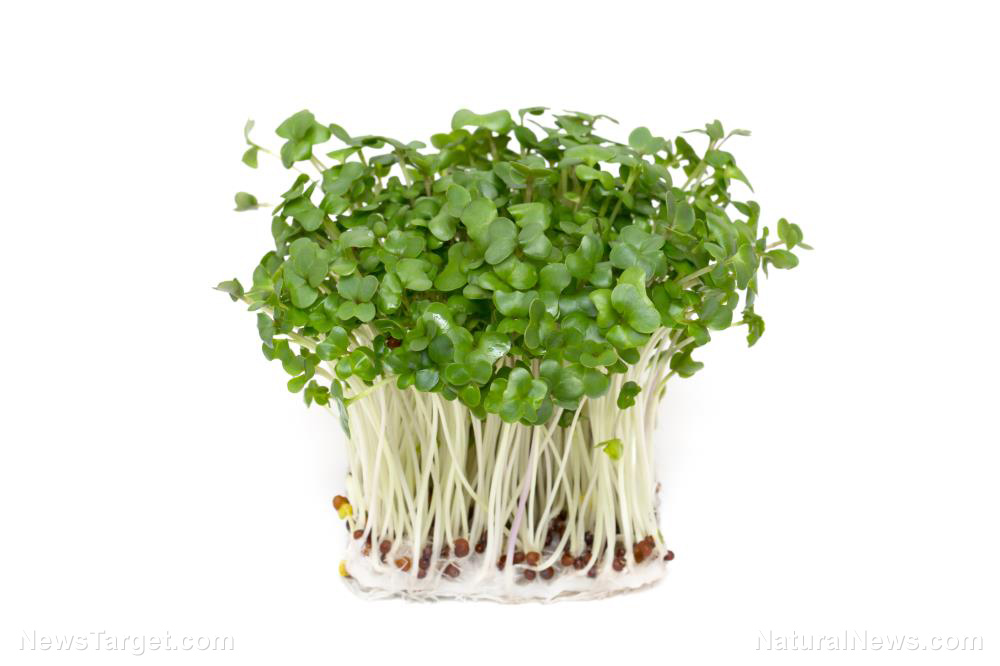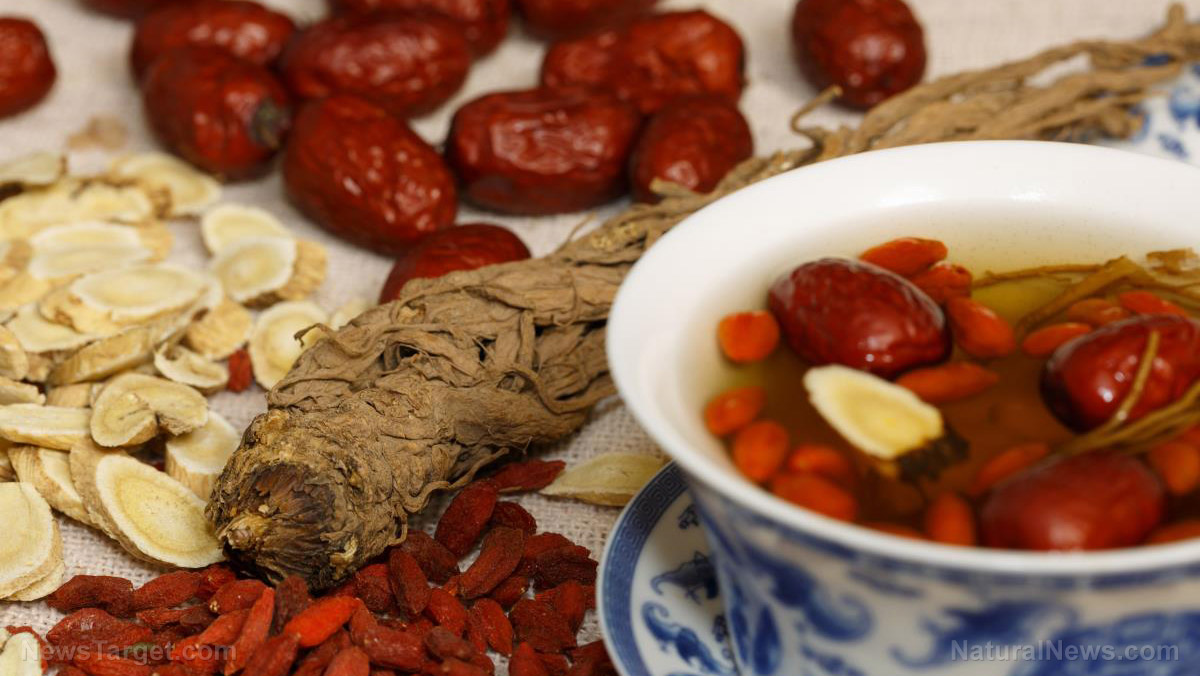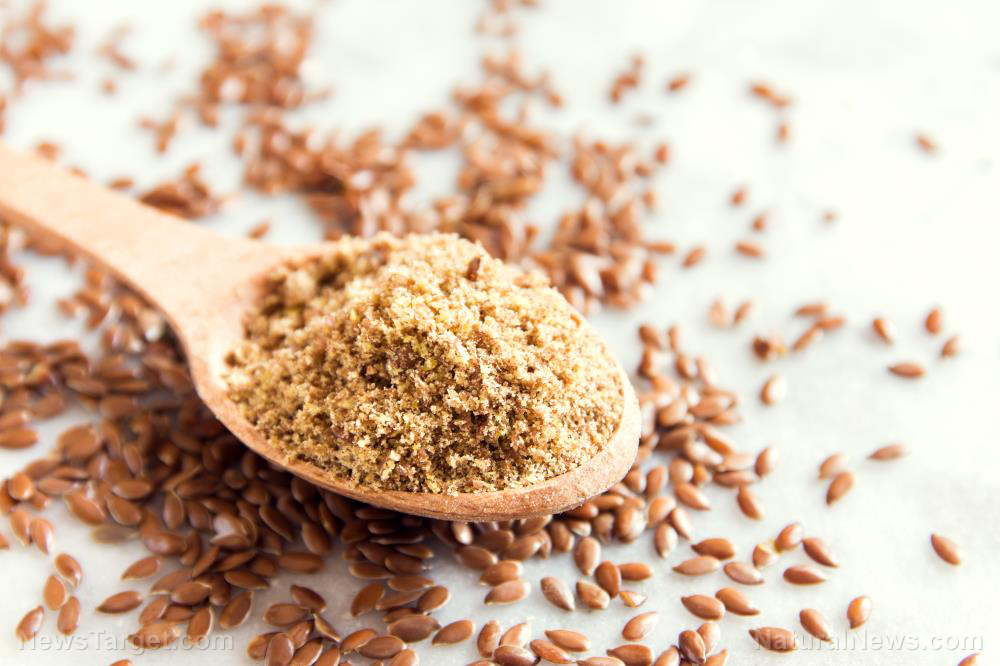Stock up on these 12 healing herbs and spices that boost flavor and your overall well-being
10/28/2019 / By Zoey Sky
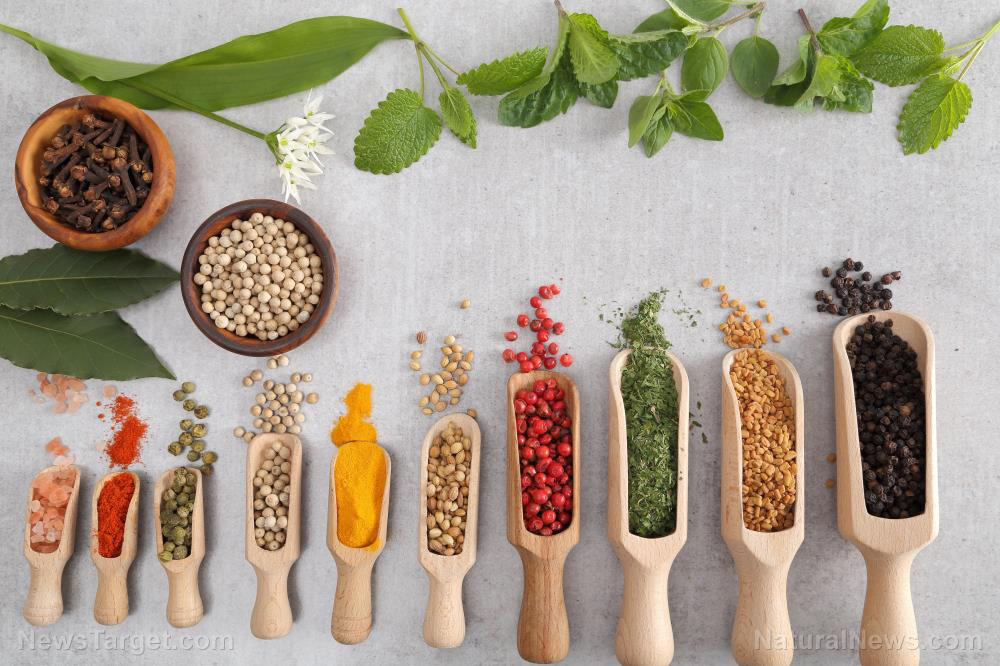
Cooking with various herbs and spices produces tasty dishes that also offer many health benefits. Here are 12 healing ingredients that you need in your kitchen.
Black pepper
According to the Indian system of medicine called Ayurveda, black pepper’s pungency and heat can help metabolize food as you digest it in your body.
Additionally, black pepper’s warming qualities can clear congestion in your respiratory system. Cook with black pepper to address common complaints, such as:
- Indigestion
- Excess toxin buildup
- Fever
- Obesity
- Sinus congestion
- Sluggish metabolism
Chili (fresh or dried)
The heat in cayenne pepper and chili powder comes from capsaicin. This beneficial compound helps clear your nasal passages, invigorates the blood, and thins out mucus. Fresh chili peppers even contain more vitamin C than oranges.
Cinnamon
Cinnamon is a common spice that has antibacterial properties.
When buying cinnamon, look for Sri Lankan Ceylon cinnamon (Cinnamomum verum) or “true cinnamon.” This cinnamon is tan-brown. While it is more expensive, Ceylon cinnamon is best used for desserts because it has a delicate and mildly sweet flavor.
Cinnamon from cassia bark or Chinese cinnamon (C. cassia) is cheaper, but it is considered low-quality compared to Ceylon cinnamon. It is usually dark brown-reddish, with thicker sticks and a rougher texture.
Grate cinnamon bark over desserts or savory dishes. The spice offers many benefits, such as:
- Boosting your overall vitality
- Improving circulation
- Improving digestion
- Relieving congestion
- Relieving menstrual cramping
- Warming the body
Garlic
Garlic has pungent sulfurs and antibacterial and anti-inflammatory properties that help prevent colds and the flu.
Ginger
Ginger has a distinctive flavor and it helps promote digestive health.
In traditional Asian medicine, ginger is said to:
- Address aches and pains
- Boost appetite and digestion
- Relieve nausea
- Restore strength if you’re sick
- Warm the body
Drink steeped ginger tea to relieve cold and flu symptoms. Add turmeric to boost the health benefits of the tea.
Onion
Onions are traditionally used to minimize inflammation and treat infections. Onions are a natural antihistamine and they’re full of sulfuric compounds, vitamin C, flavonoids, and other phytochemicals that help soothe the throat and clear stuffy nasal passages.
Clove
Cloves are the fragrant flower buds of an Indonesian medicinal tree. Cloves possess antiseptic, anesthetic, and anti-inflammatory properties.
The spice is also used to relieve flatulence or to make warming, soothing herbal remedies.
Cumin
Cumin is traditionally used as a carminative. The spice helps settle the stomach, relieve bloating, and get rid of trapped gas.
Lemongrass
Lemongrass is an herb with a lemony flavor and citrusy aroma. As a natural acetaminophen, lemongrass helps bring down high fevers, minimizes pain and inflammation, and relieves headaches.
Additionally, lemongrass helps boost your digestive health. Heavily bruise the white part of lemongrass for best results.
Star anise
In traditional Chinese medicine, star anise is used to cure the flu by clearing mucus from the respiratory tract. Star anise helps prevent bacterial, fungal, or viral infections and inflammation. The spice is often used to make medicinal teas for coughs and chest infections.
Chew star anise seeds before meals to stimulate the appetite. The spice also helps ease bloating and gas.
Turmeric
Turmeric contains curcumin, a natural anti-inflammatory compound. Turmeric also boosts your body’s antioxidant capacity.
Antioxidants help protect you from free radicals that cause cell damage. (Related: Food, herbs, and spices that can control blood sugar.)
Cardamom
Cardamom is related to ginger. When cooking with cardamom, break open the pods to reap its many health benefits.
The superfood helps improve digestion, relieves gas, and eases stomach pains. Cardamom has warming properties that cleanse the body and improve circulation.
Use these flavorful herbs and spices to make delicious dishes with healing properties.
Sources include:
Tagged Under: alternative medicine, black pepper, cardamom, chili peppers, cinnamon, clove, Cumin, food cures, food is medicine, functional food, garlic, ginger, herbal remedies, Herbs, ingredients, lemongrass, medicinal foods, medicinal herbs, natural cures, natural medicine, onion, prevention, remedies, Spices, star anise, turmeric
RECENT NEWS & ARTICLES
COPYRIGHT © 2017 NATURAL CURES NEWS

